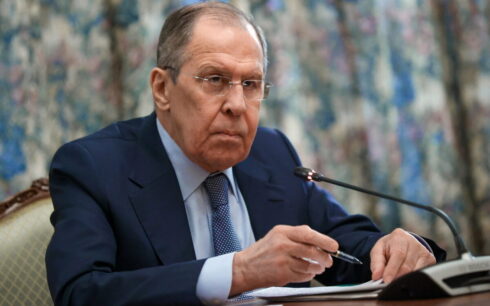Zalmay Khalilzad, the former U.S. envoy to Afghanistan, described the remarks by Abbas Stanekzai, the Taliban’s deputy foreign minister, and Muslim nations conference in Islamabad on girls education as “hopeful developments.”
Khalilzad called for the immediate reopening of schools and universities for girls in Afghanistan, urging the Taliban to lift the ban on education that has kept millions of Afghan girls out of classrooms.
He said that a declaration by the Islamic International Conference on Girls’ Education affirming that girls have an equal right to education at all levels under Islam.
He added that public remarks by Stanekzai, who criticized the Taliban leadership’s ban on girls’ education as “cruel, unjust, and wrong.”
Khalilzad emphasized that the policy violates the rights of 20 million Afghan women and girls and called for schools and universities to reopen with the start of the Afghan New Year in March.
Khalilzad urged religious scholars, Taliban leaders who privately oppose the ban, and all patriotic Afghans to speak out. “High schools and universities should be opened with the start of the Afghan New Year on March 21,” he said.
Rina Amiri, the outgoing U.S. Special Envoy for Afghan Women, Girls, and Human Rights, also stressed the need for continued pressure on the Taliban.
“There is much more to be done to hold the Taliban accountable and to support the efforts of brave Afghan women leaders and human rights advocates,” Amiri said. She called for the reversal of restrictive decrees that she said have stripped Afghan women and girls of their “agency, mobility, education, livelihood, voice, and access to life-saving medical care.”
Meanwhile, Afghan women and girls affected by the ban have expressed frustration with the lack of concrete action from the international community.
Zahra, a high school student barred from education, lamented the uncertainty of her future. “For three years, our fate has been unclear. We don’t know what will happen. Those who can solve this problem only react, but take no practical steps,” she said.
The two-day summit of the Organization of Islamic Cooperation (OIC) on girls’ education concluded with a joint statement rejecting the Taliban’s ban on education for girls. The statement emphasized that the prohibition has no basis in Islam and should not be associated with the religion.
On Saturday, Stanekzai openly challenged the Taliban’s policy, declaring, “The ban on girls’ education has no basis in Sharia law. There is no justification for keeping schools and universities closed to girls.”





